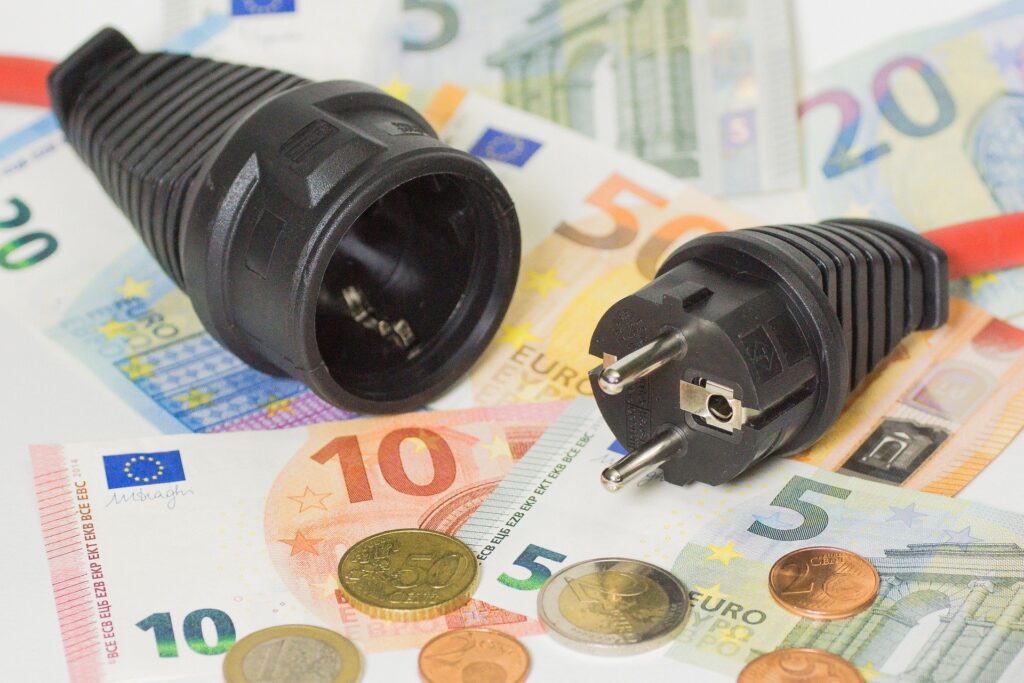This year’s merry December will be a little less merry than the previous ones, thanks to the brutal price hikes we are witnessing. In the third quarter of this year, natural gas and electricity prices for household consumers have risen. Compared to the previous quarter, the average price of electricity rose by 31 percent, and the price of natural gas by 22 percent. Non-household consumers are, of course, also feeling the increases.
The Statistical Office of the Republic of Slovenia recently revealed that the average price of natural gas for household consumers in the three-month period from July to the end of September was 0.094 euros per kilowatt-hour, while the average price of electricity was 0.205 euros per kilowatt-hour.
Natural gas prices are almost a fifth higher
The average price of natural gas in the third quarter, with a 22 percent increase for household consumers, was 0.094 euros per kilowatt-hour. The price without the value-added tax for non-household consumers increased by 19 percent to 0.075 euros per kilowatt-hour.
Electricity prices for non-household consumers rose by a quarter
The average price of electricity for households has increased by 31 percent compared to the second quarter. The price excluding value-added tax for non-household consumers increased by 25 percent to 0.204 euros per kilowatt-hour. The Statistical Office of the Republic of Slovenia pointed out that natural gas and electricity prices in the first three quarters were partly influenced by measures taken to limit the consequences of the impact of the increase in energy prices. At that time, certain contributions were temporarily reduced or even eliminated.
Gas and electricity price controls and reduced value-added tax on energy products have been in force from the 1st of September onward. For households, small business customers, including those in apartment buildings, and for consumption in common areas of multi-apartment buildings, the price of electricity is capped at 0.118 euros per kilowatt-hour at the higher tariff, 0.082 euros per kilowatt-hour at the lower tariff, and 0.098 euros per kilowatt hour at the flat tariff. For gas, the maximum allowable tariff rates for households and common household customers were 0.0730 euros per kilowatt-hour, excluding value-added tax, while for small business customers and basic social services, the maximum allowable tariff rates excluding value-added tax were 0.0790 euros per kilowatt-hour, according to the Slovenian Press Agency.
Companies that have been extremely unhappy about electricity prices for the coming year because they find it difficult to compete with companies abroad, where the financial aid is higher, have turned to employers’ organisations. They have written to Prime Minister Robert Golob, expressing their disagreement with the current model of energy aid for companies. The coordinated proposal from the business sector is to amend the draft intervention law, which is in the process of being drawn up, to allow small and medium-sized enterprises to benefit from aid in line with the toolbox set out by the European Commission at the beginning of October, where it set a price brake (“Preisbremse”) of up to 180 euros per MWh. For energy-intensive companies that will not be able to benefit from the special aid for such companies in specific sector due to the high entry criteria, it has been proposed that they be allowed to benefit from the special aid for reduced economic viability under article 67a of the temporary framework.
Sara Kovač


